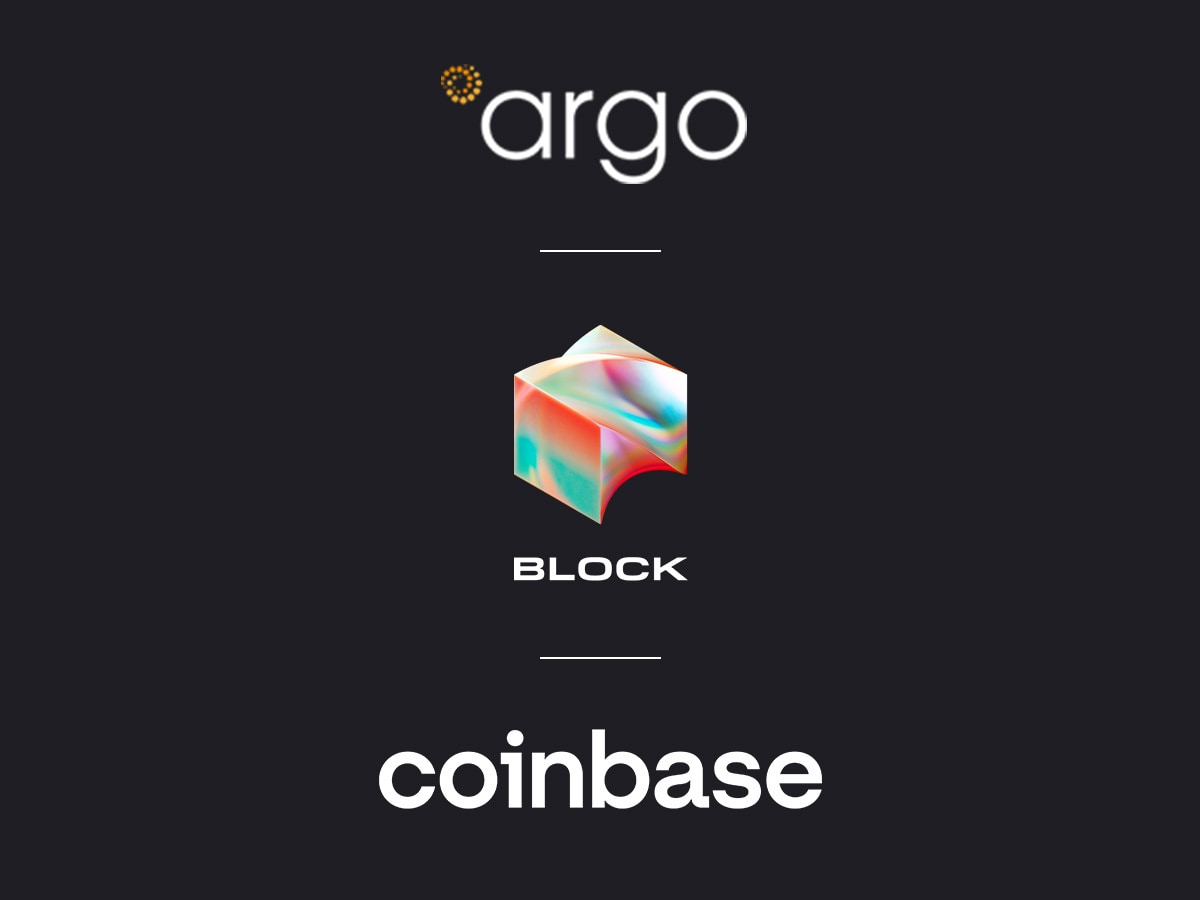Shares in Coinbase, Block and Argo Blockchain have slumped since the start of the year amid the broader tech selloff and headwinds in the blockchain market. However, the industry remains ripe for long-term growth potential as the technology develops.
Blockchain stocks such as Coinbase [COIN], Argo Blockchain [ARB.L] and Block [SQ] have seen their share prices stumble amid a broader downturn in the cryptocurrency market.
Fears over inflation and question marks around policy tightening by the US Federal Reserve have spooked crypto investors, with the price of bitcoin against the dollar falling 23.2% since the start of the month to close at $28,936.36 on 11 May.
The Global X Blockchain ETF [BKCH], which offers exposure to crypto miners, crypto exchanges and fintech firms that have dipped their toe into crypto, had fallen 64% year-to-date at the close on 11 May.
While the Russia-Ukraine conflict has been a drag on markets, it has also highlighted the transformative potential of blockchain. President Zelensky has expedited a law and regulatory framework that allows cryptocurrency exchanges to operate legally in Ukraine, while the country’s officials have been asking for cryptocurrency donations to fund its army and relief efforts.
Despite near-term volatility in the prices of digital assets, the trends and opportunities presented by blockchain technologies make the picks and shovels of the sector an attractive long-term play.
Coinbase looks to diversify revenue
As the largest crypto exchange in the US, Coinbase makes the bulk of its money through fees on transactions made by retail investors. Fees accounted for almost $6.49bn in the 12 months to the end of December 2021, and 88% of the $7.35bn total revenue for the year.
The company is aware of the potential problems of being too reliant on income from transaction fees. Both the CEO, Brain Armstrong, and COO, Emilie Choi, have previously indicated there will be some fee compression down the road.
To get to this point, diversifying revenue streams will be crucial, and the 2021 results show it’s making some headway. Revenue from its subscription and services segment jumped 1,150% year-over-year from $45m to $517.5m. The segment grew a further 169% year-over-year in the company’s Q1 results.
In April, Coinbase launched the beta version of its much-hyped non-fungible token (NFT) marketplace. Although it reportedly gained fewer than150 users on its first day, the company is betting big that the latest hot blockchain trend will deliver in the future.
The Coinbase share price is down 78.7% since the start of the year. After weaker-than-expected Q1 2022 earnings and fears about the company’s future in the event of a cryptocurrency collapse, the stock closed on 11 May at a 52-week low of $53.72.
However, ARK Invest’s Cathie Wood is still bullish on the stock, buying 546,579 Coinbase shares on 11 May despite its disappointing Q1 update. Speaking at an ARK webinar in January, analyst Maximilian Friedrich praised Coinbase for its product innovation, adding that this will help it to grow and retain its user base.
Block’s lightning speed bitcoin transactions
Renamed to reflect CEO Jack Dorsey’s love for all things cryptocurrency and blockchain, Block’s holy grail is its CashApp offering.
Bitcoin revenue fell 51% year-over-year in the first three months of 2022, but overall earnings were propped up by CashApp, which accounted for around half of the $1.29bn gross profit. More than 10 million people had used the platform to carry out a bitcoin transaction by the end of the quarter, the company boasted in its shareholder newsletter.
CashApp’s mission statement is “to make the world’s relationship with money more relatable, instantly available, and universally accessible”. In April, Block upgraded its network so US users can send and receive bitcoin instantly without having to pay a fee. Usually, a transaction would take around 10 minutes.
The Block share price has fallen 55.9% since the start of the year to $71.22 at the close on 11 May. While the stock has struggled amid the cryptocurrency crash, it made gains last week after the news that the company forecast that gross payment volumes will increase 29% year-over-year in April, despite missing its revenue and earnings expectations.
Increased capacity to power Argo Blockchain
London-headquartered Argo Blockchain was the first crypto miner to gain admission to the main market on the London Stock Exchange back in 2018.
In May, the company led by Peter Wall, non-executive chairman of Cellular Goods [CBX.L], opened a crypto facility in Texas to much fanfare. It purchased 20,000 mining machines at the end of last year to boost its power capacity.
It had been expected that this investment would help to double its hashrate — a measure of computational power required to process crypto transactions — to 3.7 exahashes per second (EH/s) by the end of 2022. But this has been revised upwards to 5.5 EH/s thanks to mining chips from Intel [INTC].
Argo Blockchain will be one of the first customers to use the Intel Blockscale ASIC, announced in early April. Wall described Intel’s move into the mining space as “incredibly important” on the Q4 2021 earnings call. “It gives the bitcoin mining space more credibility to have a blue-chip company like Intel coming in,” he added.
The Argo Blockchain share price is down 45.8% since the start of 2022 to 53p at the close on 11 May. However, according to eight analysts polled by the Wall Street Journal, the stock has a consensus ‘buy’ rating, suggesting investor sentiment is generally positive despite headwinds for the cryptocurrency market.
Continue reading for FREE
- Includes free newsletter updates, unsubscribe anytime. Privacy policy





